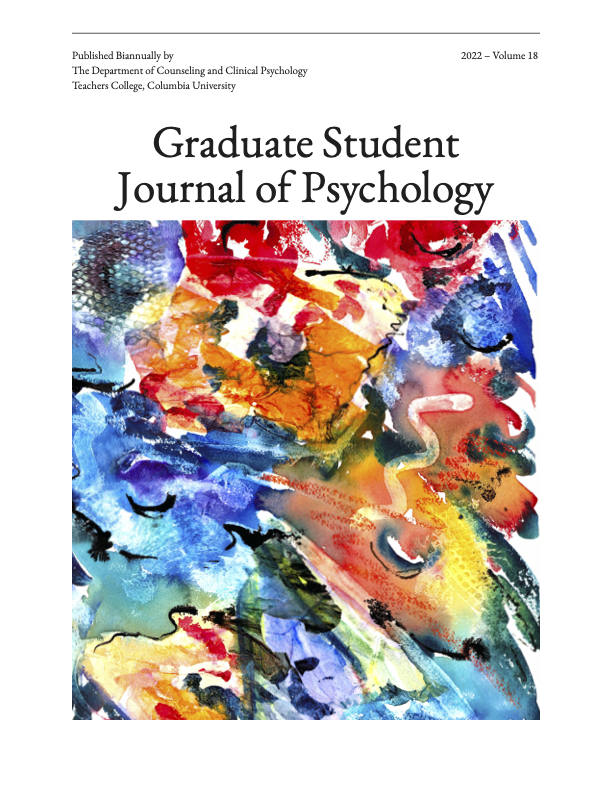Being One in a World of Twos: Experiences and Consequences of Single Parenting"
Main Article Content
Abstract
Even though the number of single-parent households has been increasing in recent decades, they still face many challenges, including finances, health, and social stigma. This is a global literature review that aims to understand the experiences and difficulties faced by single-parent families and how cultural and social factors shape these challenges. This review shows that single parents have more negative experiences than coupled parents in most cultures worldwide. Certain difficulties like economic challenges are found globally, while others such as relational difficulties are found more in collectivistic cultures (Mudau et al., 2018). There are also differences in the types of challenges experienced by single mothers versus single fathers, with mothers facing more economic challenges and fathers facing more caregiving difficulties (D'Mello et al., 2016). In more feministic cultures, like Swedish, there is a smaller discrepancy between genders as the state creates equal support and opportunities for both single mothers and fathers (Barber, 2003). Furthermore, single parenthood can significantly impact children’s health during and after birth, academic performance, and psychosocial development (Amato & Patterson, 2017; Sinha & Ram, 2018; Wang, 2015). This review asserts that most problems faced by single parents are not due to inherent limitations, but rather discrimination and stigma rooted in their respective communities. The paper also discusses the need for further cross-cultural studies on single parents’ experiences and their impact on children while also considering important factors in developing interventions for single-parent families to help manage psychological distress and provide economic support.
Article Details
Section
Articles

This work is licensed under a Creative Commons Attribution-NonCommercial 4.0 International License.
How to Cite
Jain, M., & Mahmoodi, V. (2022). Being One in a World of Twos: Experiences and Consequences of Single Parenting". Graduate Student Journal of Psychology, 18. https://doi.org/10.52214/gsjp.v18i.10930

